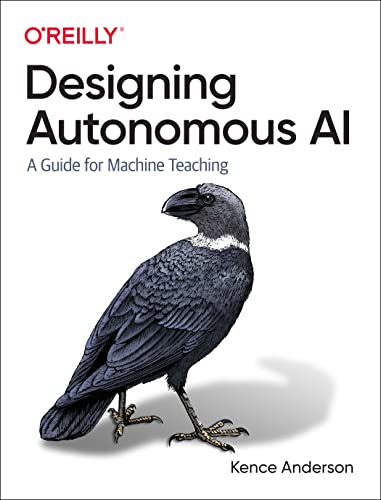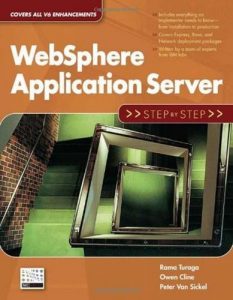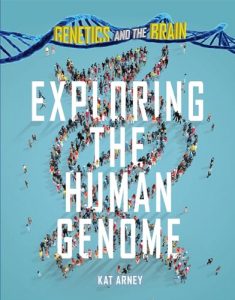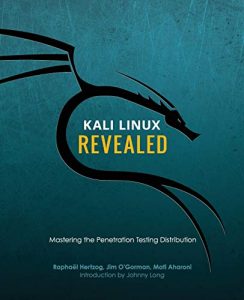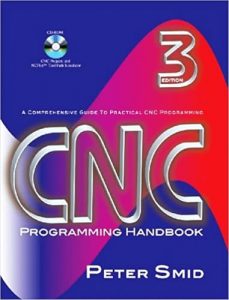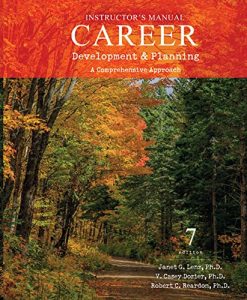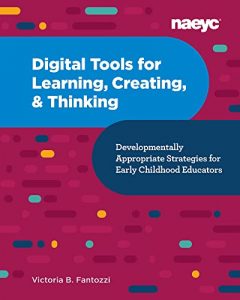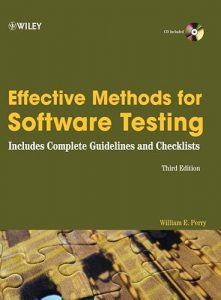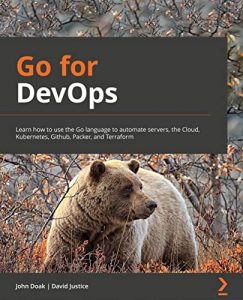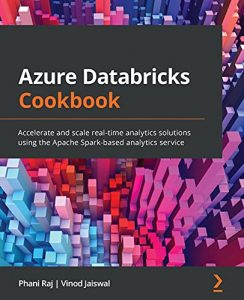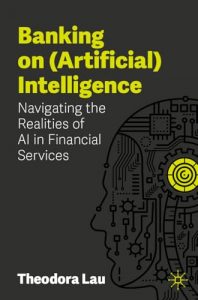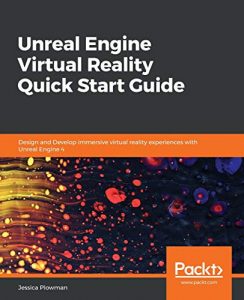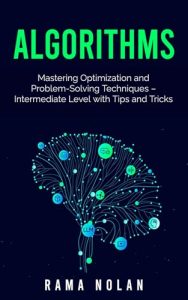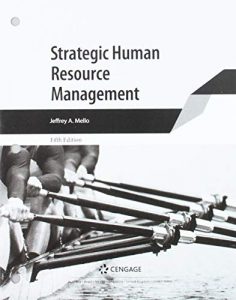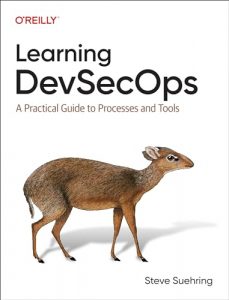1. Designing Autonomous AI: A Guide for Machine Teaching
Authored by Kence Anderson, this insightful book provides a comprehensive look into machine teaching, guiding readers through the complexities of designing autonomous systems. Anderson intricately blends theory with practical applications, making it an essential read for anyone interested in the field. This book is not just for seasoned tech experts; it’s also accessible to newcomers eager to understand the potential of autonomous AI. Achieving a balance between technological jargon and approachable explanations, Anderson equips readers with the knowledge to push boundaries in machine learning. This is definitely a must-read to stay ahead in the rapidly evolving tech landscape.

2. Aircraft Control and Simulation: Dynamics, Controls Design, and Autonomous Systems
This meticulous work by Brian L. Stevens, Frank L. Lewis, and Eric N. Johnson is a cornerstone for professionals involved in the intricate world of aircraft dynamics and control systems. Spanning over various crucial topics and complex algorithms, this book is uniquely structured to cater to both students and industry veterans aiming to deepen their understanding of aircraft simulations. Their insight is invaluable, offering essential techniques for modeling and designing autonomous aircraft systems. This book is a treasure trove of information that will undoubtedly enhance your knowledge and practical skills in aviation technology.

3. The Autonomous System: A Foundational Synthesis of the Sciences of the Mind
In this thought-provoking book, Szabolcs Michael de Gyurky and Mark A. Tarbell venture into the intersections of mind sciences and autonomous systems. Their interdisciplinary approach not only enhances our understanding of decision-making processes but also explores how these ideas can be implemented in robotics. This foundational read challenges readers to think critically about the SOPs in artificial intelligence and encourages innovative approaches in designing autonomous agents. For anyone captivated by the philosophical implications and practical applications of AI, this book acts as both a guide and a revelation.

4. Army of None: Autonomous Weapons and the Future of War
Paul Scharre presents a gripping narrative surrounding the rise of autonomous weapons and their implications for modern warfare. As a former Pentagon policy analyst, his insights are deeply rooted in reality, showcasing how these technologies are reshaping conflict. Scharre does an exemplary job of weighing the ethical implications while providing a balanced perspective on both sides. This book is essential for anyone seeking to understand the future of war, as it combines thoughtful analysis with an engaging storytelling style, truly making it a crucial read for both tech enthusiasts and policy makers alike.

5. Building Better Interfaces for Remote Autonomous Systems: An Introduction for Systems Engineers
Oury Jacob D. and Frank E. Ritter tackle the challenges of human-computer interaction in autonomous systems. This innovative approach is essential for systems engineers who are on a quest to develop better interfaces that enhance usability and efficiency. The authors draw from a wealth of experiences and research trends, providing practical frameworks that represent a significant step toward future-proofing engineering practices. Aimed at bridging the gap between machines and users, this book establishes crucial guidelines for anyone invested in systems engineering.

6. Designing Autonomous Agents: Theory and Practice from Biology to Engineering and Back
Pattie Maes explores the synergies between natural life forms and engineered autonomous agents in this landmark work. Delving into cognitive psychology, biology, and engineering, Maes provides readers with pioneering insights that start with understanding nature’s designs and translate them into functional autonomous systems. This book is not only a deep dive into theory but also offers practical applications that challenge conventional boundaries, inspiring researchers and practitioners alike to rethink their methodologies in creating adaptive systems.

7. Introduction to Autonomous Robots: Mechanisms, Sensors, Actuators, and Algorithms
This collaborative work by Nikolaus Correll and his team provides a complete overview of autonomous robotics. With topics ranging from mechanisms and sensors to advanced algorithms, this book serves as an essential resource for students and practitioners aiming to grasp the design and functioning of robotic systems. Each chapter is meticulously structured to build on the last, ensuring a progressive learning experience. This is a vital introduction for anyone beginning their journey into robotics or looking to enhance their foundational knowledge.

8. Autonomous and Autonomic Systems: With Applications to NASA Intelligent Spacecraft Operations and Exploration Systems
Walt Truszkowski and his co-authors give readers a thorough exploration of autonomous systems used in aerospace, particularly focusing on NASA’s intelligent space operations. This book is replete with case studies and practical examples, making it an invaluable resource for engineers and researchers involved in space exploration or robotics. Understanding these systems is vital as we venture further into the cosmos, and Truszkowski delivers a vital guide that brings clarity to complex concepts, ensuring that both current and upcoming professionals are well-prepared for future challenges.

9. Artificial Intelligence for Robotics and Autonomous Systems Applications
Ahmad Taher Azar and Anis Koubaa’s book stands as a comprehensive guide to implementing artificial intelligence within various robotic frameworks. With an emphasis on practical applications, this upcoming release is you won’t want to miss. The authors offer innovative strategies and insights to leverage AI in enhancing robotic functionalities. As the field evolves rapidly, this book ensures practitioners and scholars remain updated on the latest AI advancements, making it a pivotal resource in bridging robotics and intelligent systems.

10. Multiagent Systems, second edition
Gerhard Weiss provides a well-rounded examination of multiagent systems, crucial for anyone interested in intelligent robotics and autonomous agents. The second edition has been updated with the latest trends and research findings, making it relevant for both academic study and practical implementation. It dissects the nature of teamwork, communication, and recognition in multiagent scenarios, providing readers with the principles needed to design effective collaborative systems. This book is a key piece for those looking to master the complexities of autonomous agents working in harmony.


